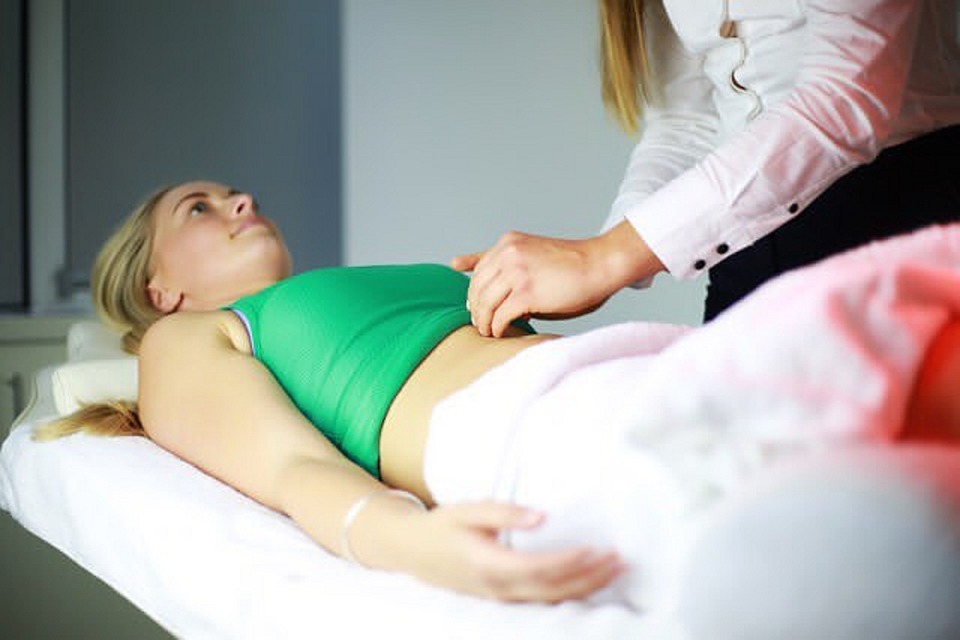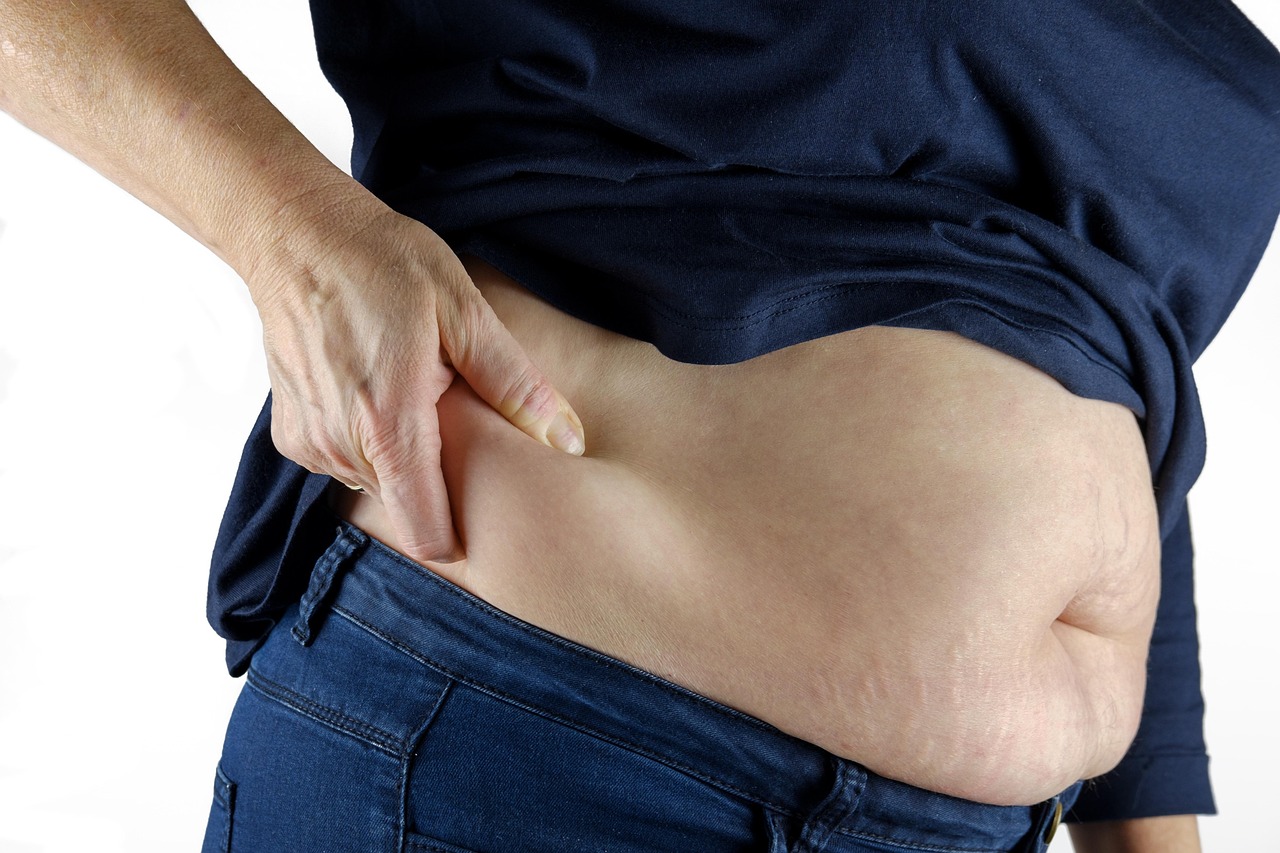Menstruation or period pain isn’t something rare. It is extremely common among women across the globe. And to a great extent, these women have been mentally conditioned to accept or perceive period pain as natural and normal. However, that isn’t the truth. Period pain is a problem, which must be addressed at the earliest. There are quite a few techniques that help subside period pain, and acupuncture is one of them.
In case you aren’t aware, acupuncture is a form of alternative medicine that entails thin needles being put into specific sites of the human body. This practice of inserting needles into the human body helps clear energy blocks and encourage normal qi flow. Acupuncture helps treat a range of health conditions, including infertility and migraines.
Acupuncture for period pain and other ailments could be administered manually or in the form of electro acupuncture. The key to reducing period pain via acupuncture is going through the needle therapy at regular intervals. Most women who use painkillers to bring down period pain would find a drastic reduction in the need to use painkillers after having undergone a prolonged acupuncture treatment. Period pain symptoms relating to nausea and headache would also come down.
A lot of reports that state acupuncture doesn’t help with period pain are primarily based on treatments that were carried out by amateur acupuncturists or people who don’t have complete knowledge about how and where to insert the needles into the body.
Also, there is a great level of difficulty surrounding trial design and comprehending evidence in several historic studies pertaining to acupuncture efficacy. Though things are getting better now, most of the trials in the past were devised by research scientists. These experts had tremendous knowledge in clinical trial methodology; however, they weren’t equally good at understanding acupuncture concepts. Therefore, it would be fair to say that most studies carried out in the past did not accurately reflect acupuncture practice and its true potential.
Early trials also clearly did not have solid controls. Many resorted to an approach that entailed not accounting non-specific effect. As a result, it became extremely difficult to infer whether the treatment itself induced the effect, or it merely served as a placebo.
Most acupuncture research work regarding menstrual pain has been quite promising. There is no doubt acupuncture offers some level of relief (at least) from acupuncture pain. But since not a lot of people still don’t know how to do acupuncture right, results would vary across the board. This inconsistency in results is something only the practitioners and not the actual treatment should be blamed for.





